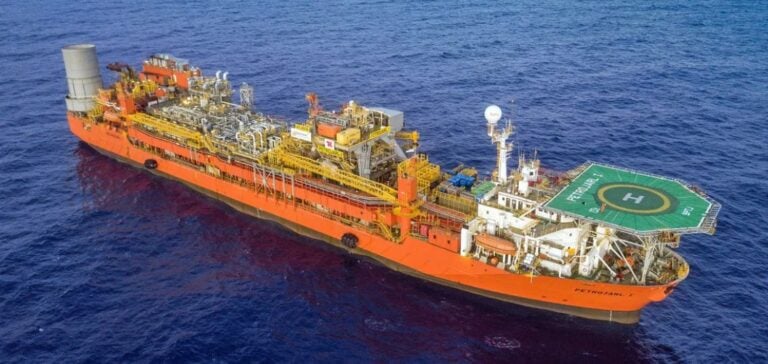SBM Offshore has entered into a definitive agreement with the national company GEPetrol for the sale of its entire stake in the leasing and operating entities of the floating production, storage and offloading unit (FPSO) Aseng. The announcement, made on June 4 from Amsterdam, marks a significant step in the Dutch company’s portfolio restructuring strategy.
A gradual withdrawal over twelve months
The transaction includes an operational transition period of up to twelve months, during which SBM Offshore will continue to provide certain services related to the unit’s operations. This phase aims to ensure continuity until full operational control is handed over to GEPetrol. The agreement remains subject to several conditions precedent and the receipt of required regulatory approvals.
The Dutch company had previously undertaken several similar transactions to streamline its managed assets, in line with its strategy to refocus on key markets. This divestment fits within that approach, although no financial details of the deal have been disclosed so far.
Strategic refocus of leasing portfolio
SBM Offshore stated that the decision aligns with its objective to rebalance its “Lease & Operate” portfolio, without specifying which other units might be subject to similar sales. The company currently operates multiple FPSO units worldwide, some under long-term contracts.
The FPSO Aseng has been in operation for over a decade off the coast of Equatorial Guinea. The takeover by GEPetrol, a state-owned entity, marks a notable move towards localising strategic energy assets in the region.






















